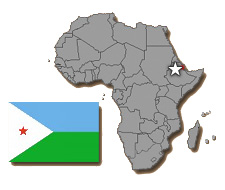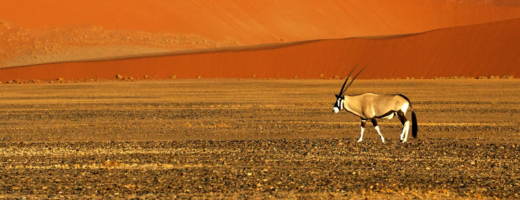In the tiny country of Djibouti on the eastern horn of African coast there are many gay and lesbian people but they have little public social life. Virtually all are living undercover and in fear. Their situation is risky and tenuous because there is no social support or organization that can help in a legal fight if someone is arrested or threatened. There is little Internet and no services for health, education or play. The only LGBT community is a fragile and uncertain friendship network. It’s difficult to get close or organize when there is so much homophobia in the culture.
The government is seen as being controlled by the Somali Issa clan. The country has recently come out of a decade long civil war, with the government and the Front for the Restoration of Unity and Democracy (FRUD) signing a peace treaty in 2000. Two FRUD members are part of the current cabinet.
The laws regarding homosexuality in Djibouti are vague and can sometimes be confusing, but it is generally understood that homosexuality is de facto illegal. Most people interpret the Constitution of Djibouti as decriminalizing homosexuality, but the government tends to adhere to Islamic law more than constitutional law, rendering homosexuality illegal. Because of a largely homophobic Muslim majority, homosexuals are not able to have much in way of a social life. If homosexuals in Djibouti wish to pursue their orientation, they must do it in secret, to avoid oppression from the government or people in general.


